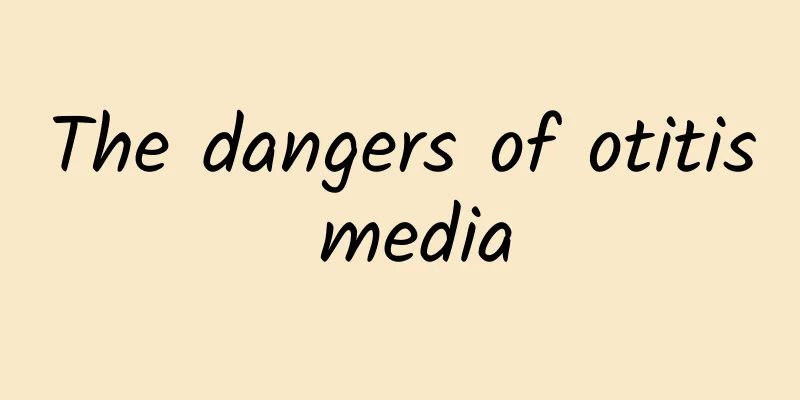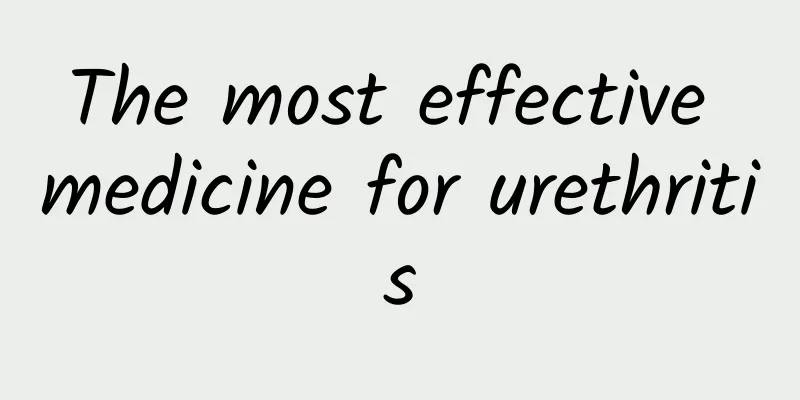Are the dental implants secure?

|
When people reach old age, the function of their teeth will gradually decline, and teeth may fall out. Many elderly people will choose to have dentures. There are two main types of dentures, removable and fixed. For the elderly, it is necessary to conduct a good examination and then choose the correct method of dentures. Generally, the elderly are more suitable for using dentures. They should take good care of their dentures and be aware of some precautions. Denture Care (1) The hygienic maintenance of fixed dentures is relatively simple. Cleaning tools such as toothbrushes, dental floss and toothpicks are mainly used to remove impurities on the surface and edges of dentures to reduce plaque adhesion. (2) Porcelain teeth and all-ceramic teeth will break when they are subjected to pressure that exceeds their stress range, so do not bite too hard food, such as nut shells such as hazelnuts. (3) The junction between porcelain teeth and abutment teeth is prone to plaque accumulation and tartar formation, and it also needs to be cleaned regularly in the hospital. (4) The interference of fixed dentures on magnetic resonance images has gradually attracted the attention of scholars. Research by some scholars has shown that people wearing nickel-chromium alloy restorations can safely undergo brain MRI examinations, but this material can deform the MRI of adjacent tissues. Precautions for using dental implants are the same as those for fixed dentures, emphasizing that regular follow-up visits are required as required by the doctor. (5) Regarding the lifespan of dentures, some people can use them for 10 to several decades, while others can only use them for two or three years. Although this is related to the materials used to make the dentures, the speed of change of the individual's remaining teeth and alveolar bone, the most important thing is whether one is good at using and maintaining them. Precautions for using removable dentures (1) Dentures generally withstand a force of about 2 to 3 kilograms, so it is best not to eat anything with a hard shell. (2) Eat less sticky foods such as glutinous rice and soft candies to prevent dentures from sticking to the gums and coming off. If you really want to eat it, it is best to eat smaller amounts and chew it several times. (3) Do not use dentures in the front teeth area to chew food to prevent the dentures from falling off. (4) Keep dentures clean and hygienic. Brush your teeth after every meal and take them out and soak them in cold water before going to bed to avoid accidentally swallowing them or letting them enter the trachea, which could cause serious adverse consequences. Wash it clean in the morning and put it in your mouth. When washing, you should put some toothpaste and use the toothbrush to brush along the teeth. (5) If dentures cause pain or discomfort within the first 1 to 2 weeks of wearing, they should be modified immediately. (6) All dentures cannot be repaired by yourself. (7) Removable dentures usually need to be replaced after being used for more than 5 years. (8) If there is a problem with the denture, do not force yourself to use it to avoid damaging your natural teeth or other tissues in the mouth. |
<<: Does dental floss make the gaps between teeth bigger?
>>: Is it possible to extract teeth without having dentures?
Recommend
What are the common orthopedic diseases?
In real life, many pediatric orthopedic departmen...
What to eat for whitening and tender skin? These foods make you more tender the more you eat
Every woman hopes that her skin can always be fai...
What are the symptoms of liver pain?
Liver pain is quite common in bed. This symptom i...
Is moxibustion good for sexual function?
Sexual function is vital for a man. First of all,...
Will wolfberry cause internal heat?
Nowadays people pay great attention to health, es...
How to discipline a disobedient child
Children are sometimes disobedient when they are ...
Bone marrow puncture for anemia
The symptom of anemia mainly occurs in female fri...
How to treat white spots on the head
Vitiligo is a very serious skin disease. White sp...
What does a negative antinuclear antibody mean?
A negative antinuclear antibody test result indic...
What are the principles and advantages of ultrasound interventional therapy?
At present, ultrasound interventional therapy is ...
What to do if you have a cough during your period
Coughing is a very normal thing, but if you cough...
Mild mitral regurgitation
The mitral valve belongs to the left ventricular ...
What to do if you have bad breath due to stomach indigestion
Now that we have entered summer, heat is the issu...
How to effectively improve facial redness?
Many people often encounter the problem of red bl...
How to deal with overbite
The appearance of an overbite is actually mainly ...









